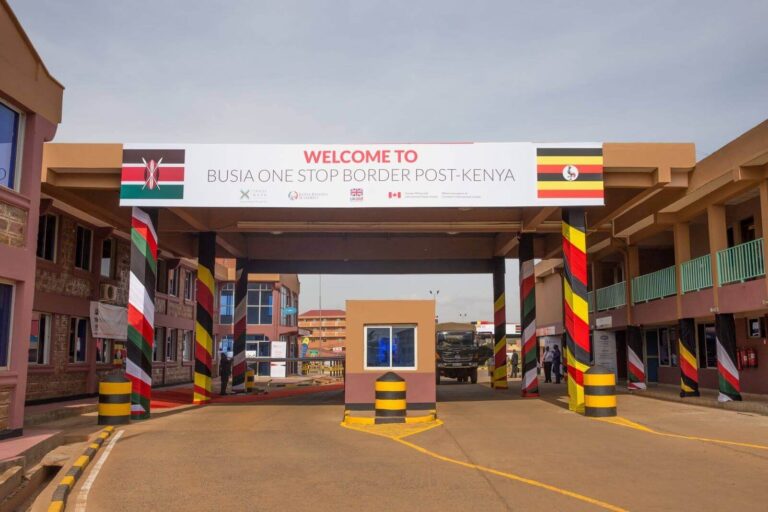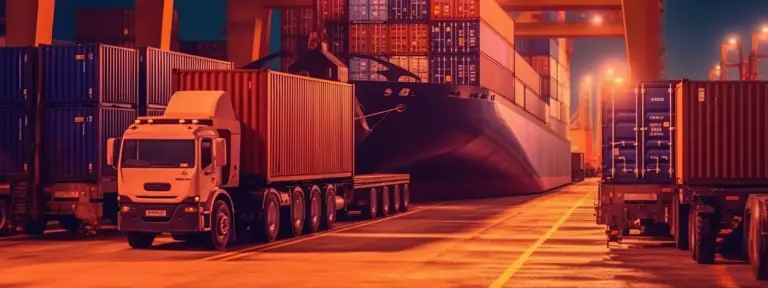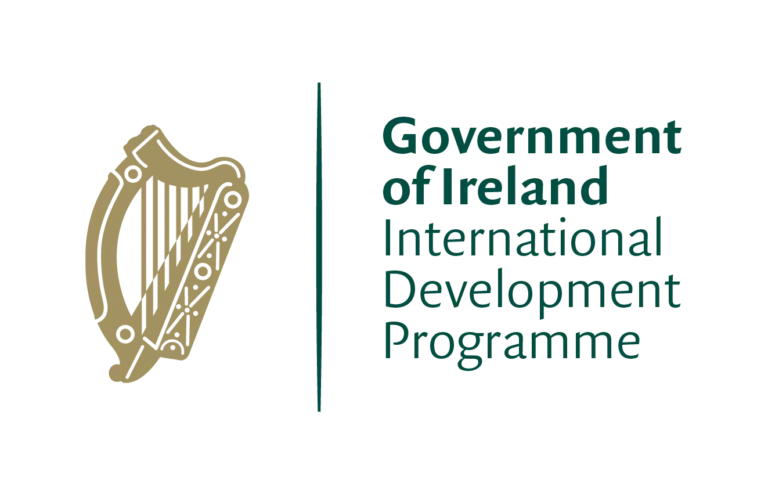Over the past couple of years, Eastern Africa has been hit by extreme weather conditions such as heavy rains and flooding – potential impacts of climate change – damaging infrastructure and negatively impacting transport performance. In some parts of the region, rainfall has been inadequate for farming, weakening livelihoods and food security of local communities. The threat of climate change may ultimately jeopardise many TMA activities and weaken the competitiveness of economies and the private sector.
In 2018, the TMA Board and Council approved the new TMA Climate Change Strategy. TMA’s country and thematic teams and the strategy, are guiding the integration of climate change mitigation and adaptation into TMA’s project portfolio. Twelve projects out of the 35 Strategy 2 projects are confirmed climate change relevant. Most of them are infrastructure projects, while others include work on the trade environment and improving business competitiveness. Specific climate change and environment projects have also been implemented. A funding framework for the 10 most potential climate change projects has been prepared to guide teams in prioritising, designing and supporting fund-raising for climate change projects.
In TMA’s Climate Change Strategy, ports and other infrastructure have a central role in reducing emissions and pollution. The Green Port Policy of Dar-es-Salaam Port has given rise to a practical project, which will be funded by the World Bank. The sustainable and inclusive trade (SIT) unit also supported completion of the Mombasa Port Resilient Infrastructure Programme, funded by the UK Department for International Development (DFID). SIT also participated in designing a second phase covering activities outside the Port, to promote environmentally friendly and low-carbon technology and approaches.



CASE STUDIES
CASE STUDIES
CASE STUDIES










